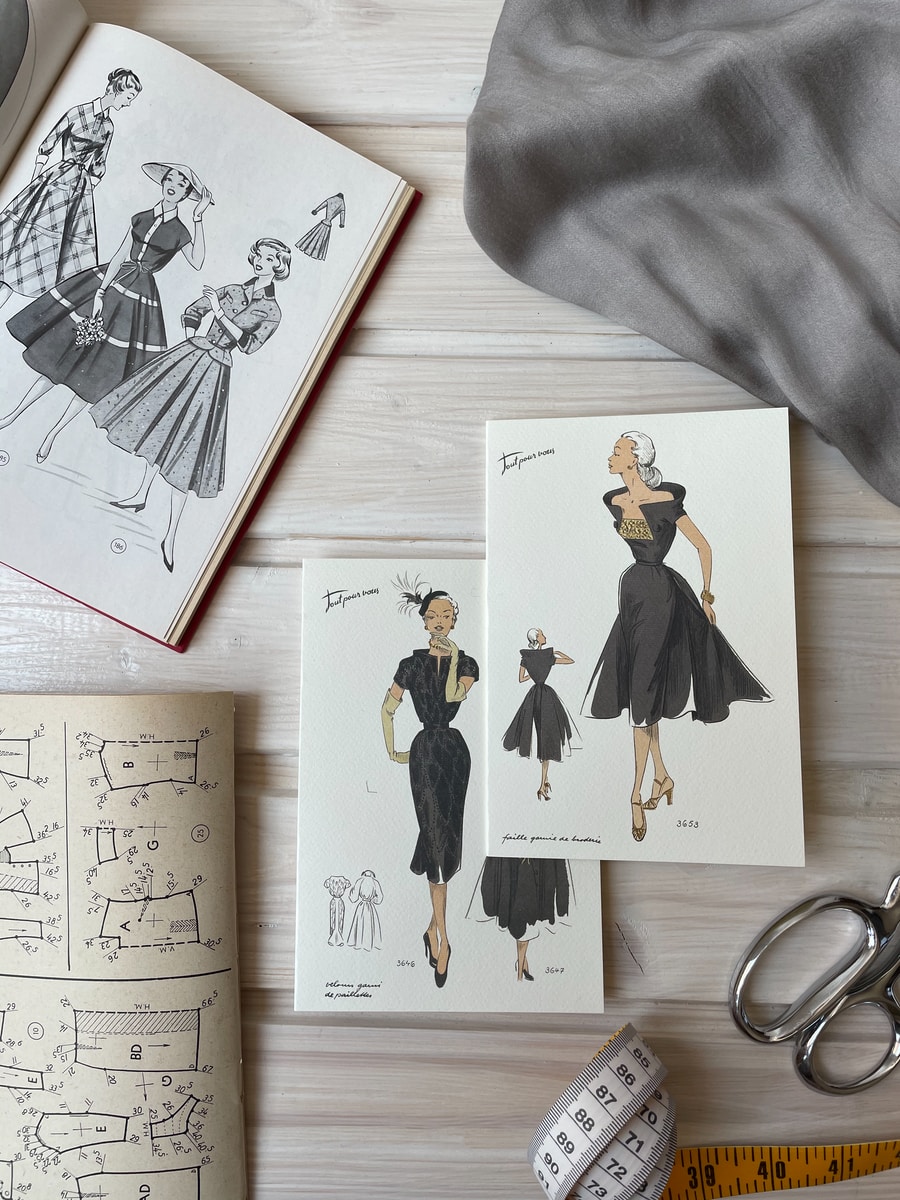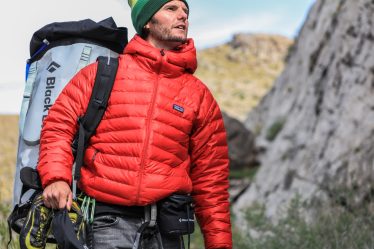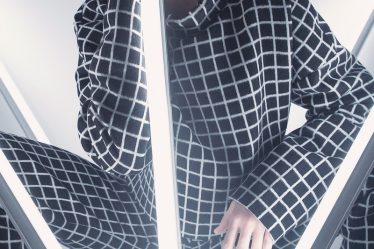
After a two year hiatus, Responsible Fashion Series was back Wednesday in a selection live presentations. This time, it was hosted in Antwerp, Belgium, which is fashion capital.
A variety of talks and panel discussions covered a wide range of topics, ultimately asking the difficult question: “Can fashion save the planet?”. Topics include fashion education, cultural significance, sustainable growth, and consumerism.
The event began with an interview with Walter Van Beirendonck (a member of Antwerp Six, and head of fashion department at Royal Academy of Fine Arts Antwerp). The interview was conducted with one of his students and the Belgian designer shared his thoughts on the topic. His thoughts touched on mental health and fashion as well as the career paths he used to get there.
Van Beirendonck answered the question, “We all know it can’t. But it can bring a lot joy, happiness, and dreams, so I believe it is a good start. It’s a question that I know everyone is asking, as well as how we can improve our work.”
It could begin with fashion education…
Following the interview, a discussion panel agreed with the sentiments of the designer. A group of top fashion educators responded to the question. Many replied ‘no’ when they were asked if the industry could change the world. They focused on the impact of fashion education in the industry and how it can help students think critically about their future fashion careers.
The panellists agreed that fashion cannot bring about a significant change. However, they used the opportunity to highlight how fashion education is moving towards positive reformation. Participants discussed new additions to their curriculums that are conscious of society, as well as initiatives that promote diversity, inclusion and inclusion such as Parsons’ alumni-led student board, which puts students’ views at the forefront.
Johan Pas from the Royal Academy of Fine Arts Antwerp had a different view. When asked his opinion on the influence of fashion on global change, Johan Pas said that it does. “Ofcourse, it already does. For more than a century. On a daily basis.” He believes that fashion influences the world when we put energy into dressing up or down. However, he also believes education should be improved for a better future.
Pas’ solution was to draw inspiration from avant-garde movements in art, which often made harsher criticisms of society than its fashion counterpart. Pas suggested that fashion, as a medium for communication, expression, and creation, can be viewed as an aid to society.
Fashion as an art form, or as a cultural statement
Pas stated that fashion education should be considered as an art form. It will empower fashion’s creative practices by challenging its eurocentric frameworks. By pushing and pulling at its boundaries, and questioning its blindspots, and exploring new conceptual and technical territories, it will be empowered.
Pas’ view suggests that artists and designers must enter a market where there is no consumer demand to be revolutionary. Fiona Dieffenbacher of Parsons School of Design agreed with Pas’ viewpoint that fashion education must be free from its eurocentric mindset. She also spoke out on decentralizing the system. Barbara Trebitsch of Accademia Costume e Moda had a different take.
Trebitsch stressed the importance of teaching students in a traditional way, and raising them with respect for their roots. Trebitsch, an Italian lecturer, addressed the pressure industry places on the next generation and stated that instead of educating them in a traditional sense, it should give them the tools to challenge the established rules. It is not only designers that are responsible for reformation but also the management, media, and other important titles in the industry. Trebitsch believes this will change how fashion is perceived.
One of the most notable contributions from a Central Saint Martins lecturer was that he raised the question of education acknowledging those who are not as well-equipped to attain the same level of excellence as the international renowned schools. It was pointed out that education costs have been rising exponentially and that talented people from underrepresented backgrounds may not be afforded the same opportunities as those from richer countries.
“We are almost perpetuating the economic model and that could lead to the downfall for the fashion talent that could exist,” stated Ian King, moderator of panel and founder Responsible Fashion Series. “What can we do to reverse this trend? It isn’t going to stop.”
He said, “These institutions like Parsons or London College of Fashion are creating problems because they are charging higher fees. These people are not looking at them in terms of their talents but their ability to pay. This is a huge problem for the industry. What can be done to ensure that talent doesn’t come from the surface? This industry should find the most talented students.”
Education reform
The conference is based on bold criticism and innovative ideas. Its goal is to bring together diverse contributors to give different perspectives on the fashion system. International participation allows for a wider discussion that examines the different cultures and perspectives that may influence fashion’s response.
The Responsible Fashion Series was created and launched in collaboration with four leading fashion institutions under Fashion Colloquia. It is supported by London College of Fashion and Parsons School of Fashion and Design in New York, and Paris-based Institut Francais de la Mode. Past editions have featured a range of topics, including heritage and disruptive fashion.
The current edition of the series was launched online via a dedicated digital platform last week. It featured presentations that lasted two days. A variety of professionals and researchers presented livestreamed talks on a range of topics, including co-creation and breaking stereotypes.
The second day of the event will feature a live pitching competition, where individuals present their ideas for responsible fashion. The pitches will be overseen by an expert jury of advisors and investors. This event will also be livestreamed on the event’s website.
The Series will host an exposition that showcases a range of innovative projects related to sustainable fashion production. Some of these are presented by presenters at this event. The display features leather manufacturing, aware craftsmanship, and digital tool construction. Researchers and presenters offer innovative perspectives on fashion operations, sustainable development, and the dismantling of traditional structures.




